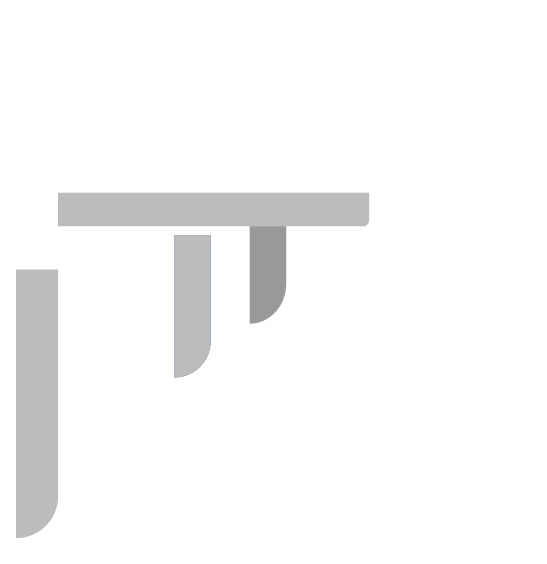Collective Investment Schemes Act: Switzerland
A global centre of asset management, Switzerland successfully isolated its investment economy from the volatility of the global pandemic. As a recession looms large, investors and fund managers alike continue to flock to Switzerland, as evidenced by 1800+ investment funds headquartered in Switzerland. This figure has increased by 90 odd firms being incorporated under Swiss Law. [Source: Pestalozzi Attorneys at Law]
Changes to CISA/CISO
A new fund product termed the Limited Qualified Investor Fund (L-QIF) has recently been sanctioned by the Federal Assembly and is expected to be incorporated by the 2nd quarter of 2023.
Considerations
The legal framework surrounding investment funds has evolved to encompass the entirety of the investment lifecycle.
The key statutes and implementing ordinances governing the establishment and operation of AIFs and their managers are as follows:
the Swiss Collective Investment Schemes Act (CISA);
the Swiss Collective Investment Schemes Ordinance (CISO);
the Swiss Collective Investment Schemes Ordinance of the Swiss Financial Market Supervisory Authority (CISO-FINMA); and
the Swiss Ordinance of FINMA on Bankruptcy of Collective Investment Schemes (CISBO-FINMA).
In addition, the following legislation sets out the legal framework for financial institutions acting as fund management companies and investment managers of AIFs and their assets:
the Swiss Financial Institutions Act (FinIA);
the Swiss Financial Institutions Ordinance (FinIO); and
the Swiss Financial Institution Ordinance FINMA (FinIO-FINMA).
Finally, sales of financial instruments including AIFs to clients in Switzerland are governed by:
the Swiss Financial Services Act (FinSA); and
the Swiss Financial Services Ordinance (FinSO).
Structure
Traditionally, there are four corporate structuring options available.
Open Ended Collective Investment Schemes
These are now to be structured as the aforementioned Limited Qualified Investor Fund (L-QIF).
SICAF
These are unregulated investment funds which do not operate under prudential supervision and invest for their own accord, with the absence of entrepreneurial activity. Governed by Swiss Code of Obligations, instead of FINMA supervision. Requires either qualified investors or the shares of the company listed in the Swiss stock exchange.
SICAV
A corporate structure that is established under the supervision of FINMA and which requires its investment methodologies documented in Articles of Incorporation.
This legal vehicle is also subject to the Swiss Code of Obligations.
Swiss LP
Representing only 5% of the total capital under management by Swiss firms, LP firms must have a Swiss corporation as a General Partner - or must obtain licensing from FINMA as a manager of collective assets.
Alternative Investment Funds which have Asset Managers are required to submit themselves for FINMA licensing detailing their proposed activities.
What do Swiss Funds Do?
Specifications
Collective Investment Schemes in Switzerland may offer the following products to their clientele -:
securities;
units in collective investment schemes;
money market instruments;
derivative financial instruments whose underlying assets are securities, collective investment schemes, money market instruments, derivative financial instruments, indices, interest rates, exchange rates, loans, currencies, precious metals, commodities or similar instruments; and
structured products.



